Improving livelihoods and the environment that supports us all
Our Story
Sall Family Foundation supports transformative change at the nexus of the environment, public health, and community resiliency.
We believe that the people in communities are best placed to make the decisions that affect their everyday lives, enabling them to generate locally governed and sustainable solutions for the long-term – benefiting both people and nature.
SFF’s vision is turned into reality by a simple approach – backing leaders and organizations closest to the big challenges to the environment, public health, and poverty, empowering them to experiment, learn, and evolve as the planet around them changes. This is achieved through funding of both locally-led civil society organizations and larger non-profit agencies, with whom we encourage knowledge sharing and collaboration. This ensures community-driven approaches can leverage collective wisdom, scientific evidence, and scale efficiencies.
Our work is driven by curiosity, learning and experimentation. We embrace the complexity and long-term nature of problems, knowing that simplification of situations rarely leads to sustainable solutions that break the mold.
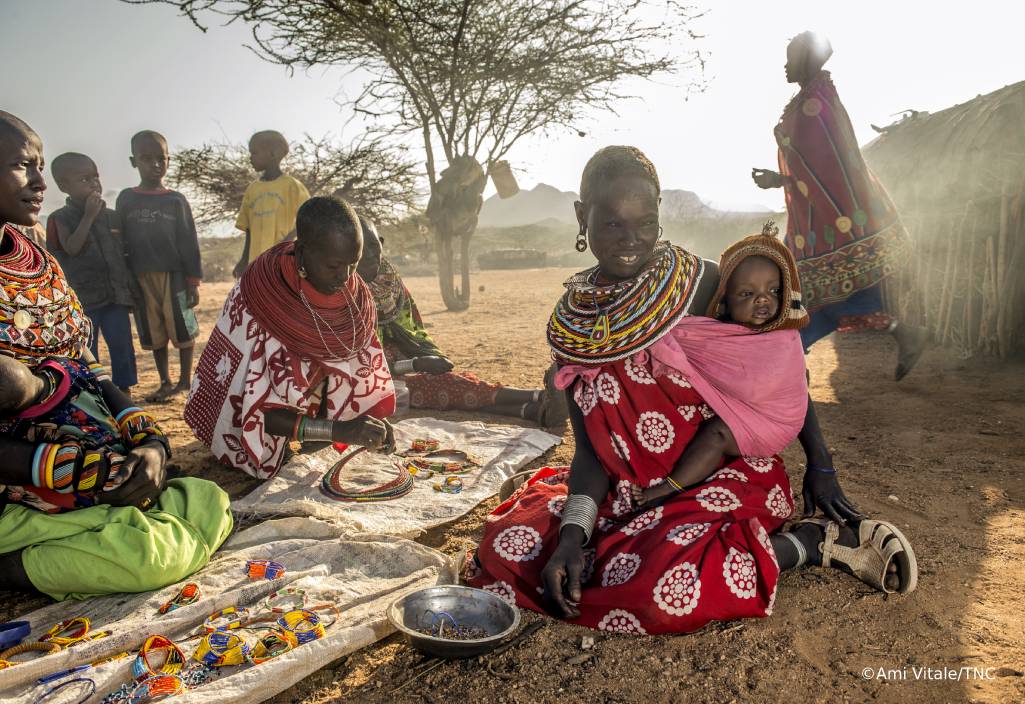
We explore areas where success isn’t guaranteed, and we’re not afraid to make mistakes, because the true successes of the past three decades have often been born out of the times when things haven’t always gone to plan. Our philanthropy provides a safety net which gives organizations and communities the confidence and means to make progress on complicated problems, and find the solutions which would otherwise be out of reach.
We recognize that the health of the environment is directly linked to the health and economic wellbeing of us all, that good health and healthcare is essential to improving all outcomes in a person’s life and that in order to help communities control their own fate they need support to sustainably improve their incomes, security, nutrition and surrounding environments.
Our investments span the geographies of Latin America, the Caribbean, sub-Saharan Africa, South Asia, Southeast Asia, Asia Pacific and the Arctic. While some of what we have learned has been applied in different contexts, some of the complexity of the problems addressed is unique to the setting.
Every place is different and so we have collaborated closely for decades with trusted partners with deep expertise in regions across the world. We value honest dialogue with these partners, which we believe breeds deep trust, a culture of continuous improvement and an empowering flexibility that allows our ecosystem, and the communities we touch, to constantly experiment, evolve and reassess the road to the greatest impact.
And the common thread running throughout? Our founders, John and Ginger Sall, whose long-held plans to pledge the majority of their wealth to philanthropy, are driven by their compassion for this planet and the people and animals which live on it. These values led them to establish the Sall Family Foundation nearly 30 years ago. Their philanthropy is guided by humility, curiosity, science and they are on a continuous journey of learning and improvement. They have learned through deep listening to the lived experiences of local experts as well as world-renowned scientists that given the right information, communities with the agency to self-govern will create sustainable long-term benefits for people and nature. It is their belief that philanthropy should be measured by attention to any mistakes made and lessons learned along the way, and the impact felt by the world’s most vulnerable.
Global Investments
Focus Areas
An Interconnected Approach
We recognize that the health of the environment is directly linked to the health and economic wellbeing of us all, that good health and healthcare is essential to improving all outcomes in a person’s life and that in order to help communities control their own fate they need support to sustainably improve their incomes, security, nutrition and surrounding environments. That’s why SFF directs its resources to community-driven activity in the areas of environment, global public health and poverty reduction, underpinned by science and freedom of experimentation.
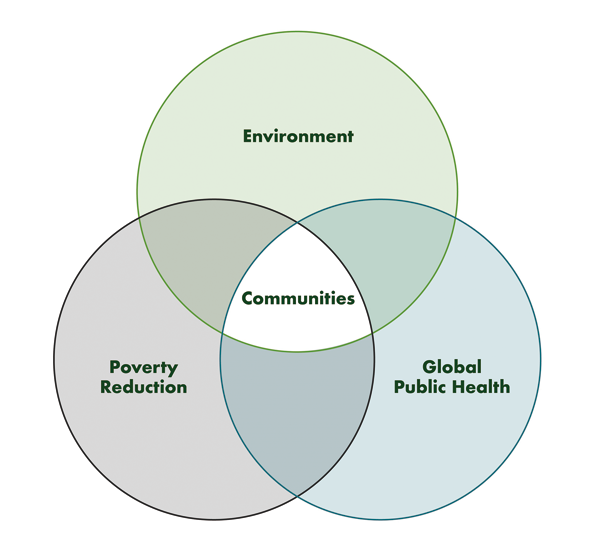
Environment
Natural resource management is a powerful tool when people have the support and resources to put their own vision into practice. To illustrate one example in making environment and community resiliency vision a reality, since 2008, SFF encouraged CARE and WWF to form an Alliance to put the livelihoods of artisanal fishers and farmers at the center of efforts to protect their natural resources on the Primeiras e Segundas archipelago, Mozambique’s first Environmental Protection area – a concept which has since expanded to in Tanzania, Madagascar, and Nepal. This shared effort addressed environmental degradation and poverty, ensuring benefits for both people and nature including by developing farmer field schools, which teach and encourage experimentation with more productive and sustainable farming practices, and help communities improve soil fertility and water filtration, making their crops better adapted to climate change. These practices improved crop yields, food and nutrition security, and empowered women, who traditionally manage tasks such as fetching household water.
And more recently, since 2018, an investment with The Nature Conservancy has involved partnering with the government of Angola and the Permanent Okavango River Basin Water Commission, World Wildlife Fund and others to ensure protection of environment and livelihoods in the Cubango-Okavango River Basin as the area develops its infrastructure. This has involved a three-pronged approach. Firstly, we supported work with the local government to plan for smart development prioritizing low-impact renewable energy sources, like solar power, over traditional large-scale hydropower. Secondly, with a local civil society organization, communities will manage their resources and derive a livelihood from them through workshops and pilot projects in forestry and fisheries. Thirdly, the co-development of a long-term financing plan designed to fit the complex politics and geography of the basin. This work is the first step of a decades-long project to ensure the sustainability of the Okavango basin for all.
Global Public Health
Poverty Reduction
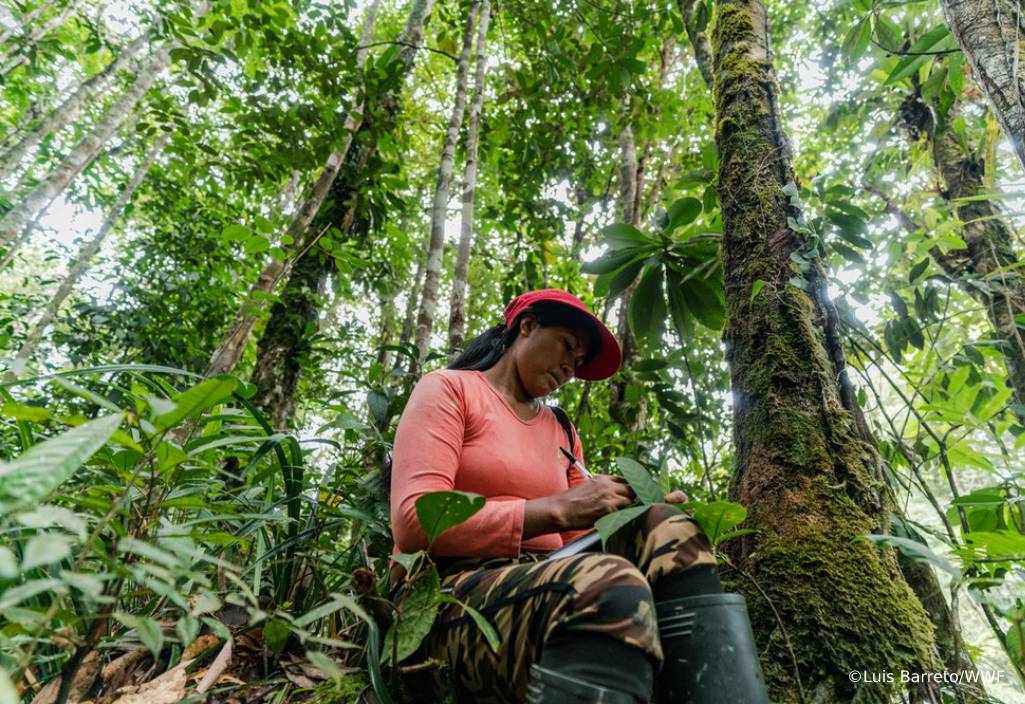
Organizations We’ve Supported and Learned From
Over the last few decades, we have learned alongside a range of value-creating organizations of all sizes.
CARE
More than two decades helping ensure people live in dignity and security, particularly women and girls. Because equality is vital to tackling poverty.

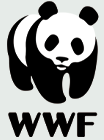
World Wildlife Fund
Nearly two decades supporting WWF’s approach to community centered design approaches, investing in high-risk projects, learning through implementation and repurposing grants to have the biggest impact.

The Nature Conservancy
Nearly three decades using science and innovation to shape ambitious programming where nature and people flourish together.
Team
John P. Sall
Co-founder
President
Board Member (1992)
Virginia B. Sall
Co-founder
Secretary, Treasurer
Board Member (1992)
Jason W. Haggins
Executive Director (2018)
Board Member (2013)
Sara J. Bender
Managing Director, Programs (2024)
Marina T. Campos
Managing Director, Programs (2022)
Dia Chakraborty
Program Manager (2025)
Jennifer J. Davis
Board Member (2017)
Andrea D. Fuentes
Board Member (2014)
Sophie Hartshorn
Board Member (2013)
Caitlin M. House
Grant Operations Manager (2025)
Sabrina A. Malik
Program Manager (2025)
Kelci Miclaus
Board Member (2022)
Elizabeth A. Sall
Board Member (1998)
English G. Sall
Board Member (2012)
Leslie C. Sall
Board Member (2005)
William W. Sall
Board Member (2009)
Mary Tschirhart
Board Member (2012)
